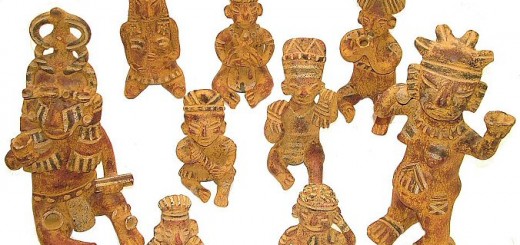Your mission, should you choose to accept it…
Everything we have read and considered this month so far has led up to this moment. For me, study is pointless without application. I always need to know what difference what I believe will actually make to my life.
We can look to the Bible for a steer here. We can see how Jesus’ resurrection shaped and transformed the lives of his followers. For a start, Jesus’ resurrection was the absolute confirmation that all that he said and did were true. He was the Son of God. He had come to change the course of human history forever. The resurrection was the completion of Jesus’ ministry here on earth. It launched God’s kingdom here on earth as in heaven. And we are called to put that kingdom into practice in all that we do.
Easter signifies a new beginning (the beginning of the new creation): a new day (the first day of a new week) and a new commission (the beginning of a new knowing and a new following of Jesus). It’s our job to announce Jesus as the one true Lord and declare the obedience that this truth demands. And the resurrection is the basis of this announcement. Jesus is already reigning, even though we will only see the totality of that reign when he comes again.
Paul makes it clear in Romans 6 that we are called to be resurrection people and what that looks like in practice – dead to sin and alive to God. Live the resurrection life.
Part of the central achievement of the incarnation, which is then celebrated in the resurrection and ascension, is that heaven and earth are now joined together in an unbreakable bond, and that we, too, are by rights citizens of both together. Surprised by Hope, Tom Wright, page 264
This resurrection life works on two levels. As Tom Wright says, ‘Personal holiness and global holiness work together.’ And here are his suggestions about how: celebrate Easter (he’s calling for at least a week of celebrations, ‘a wild delight of God’s creative power’); use the 40 days of the Easter season up to Ascension to counteract Lent and celebrate new life; recapture a theology of place (recognising and protecting those thin places where the curtain between heaven and earth seems very thin); make the most of the tradition of the church calendar and Sunday as a special day (as far as possible); celebrate the sacraments as an aid to worship, not to be worshipped in themselves.
And we have work to do. Tom Wright asserts that ‘the whole world is now God’s holy land; we must not rest as long as that land is spoiled and defaced.’ And so we need to get involved in town planning, the proper use of resources, local issues on the ground. We need to do all we can to establish a right rhythm of work and rest in our workplaces, shopping centres etc.We need to make a radical and material difference to the lives of those around us.
As resurrection people, prayer and reading the Bible take on a whole new perspective. We read the scriptures as a narrative that we are called to be a part of. We come before God in a new intimacy looking to discover how we can join in with his work of new creation in this world.
As we do this – as groups, churches and individuals – we must allow the power of God’s promised future to have its way with us. Tom Wright, page 294
And so begins and continues the work of transformation within each one of us. And it all comes back to love.
Love is at the very heart of the surprise of hope: people who truly hope as the resurrection encourages us to hope will be people enabled to love in a new way. Tom Wright, page 301
The end.
Or rather, the beginning.












